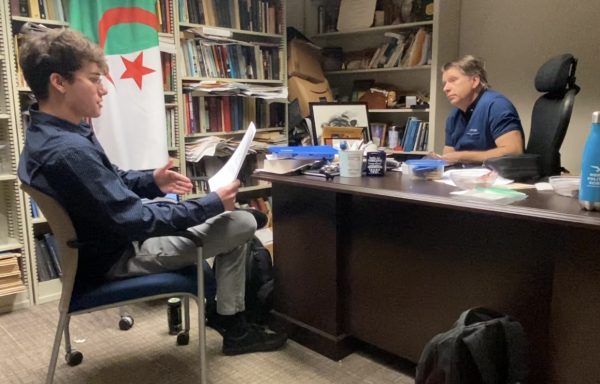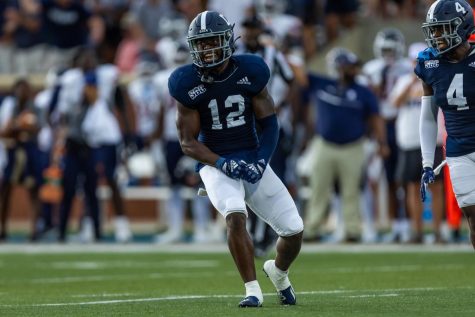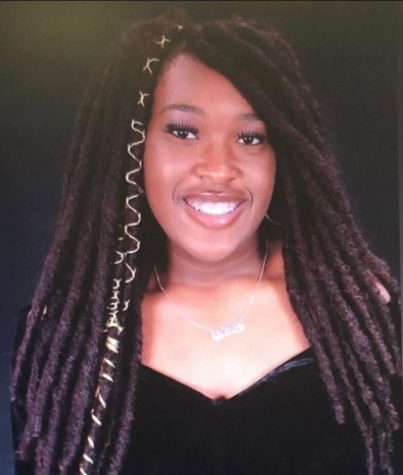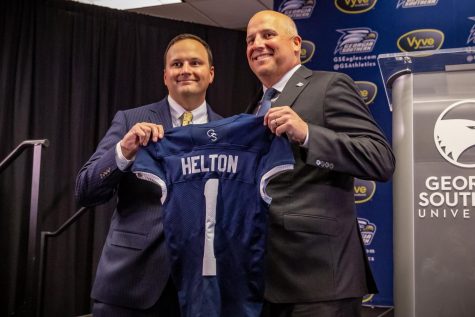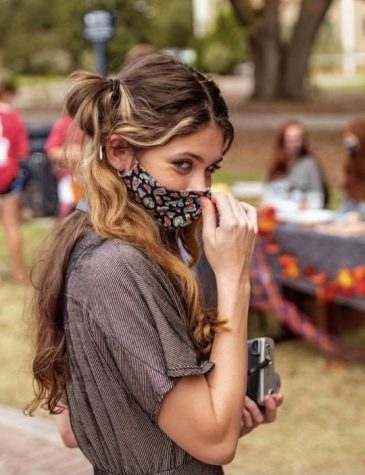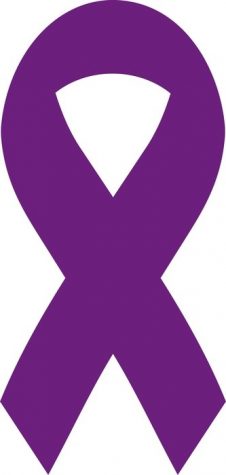Let’s Talk About the N-Word Project
September 20, 2018
In a past opinions piece, I gave my take on “Triggerish” and the University’s actions preceding the event.
Some students felt that I was “beating a dead horse” because I still had a passion to bring awareness to not only what was said by the student, but also to racism as a whole on Georgia Southern University’s campus.
There’s always been an obvious division within GS. Animosity between White GS and Black GS is much more evident since “Triggerish” transpired and most students are using this event to suppress racism on-campus campus.
Campus reactions
The idea of the project was first brought about by The George-Anne’s Editor-in-Chief Matthew Enfinger, in regards to the infamous “Triggerish” incident that attracted national attention to GS.
I wrote my own reaction which recounted the incident and featured Takeshia Brown, director of the GS Office of Multicultural Affairs, who shared her wisdom the situation and also the use of the n-word.
Since the “Triggerish” incident has taken place, organizations on campus have put on different events to open up discussions on racism in the Statesboro community as well as around the GS campus.
The GS Counseling Center and Office of Multicultural Affairs held a “Coping With Racial Battle and Fatigue” seminar to bring awareness to the daily struggles students of color may face during college and how those students could cope with potential problems.
GS Collegiate 100 also held a “Durag Festival” that highlighted the importance of unity in the black community.
The project in the making
The George-Anne played its role by attempting to understand the views of the N-word. For several days members of The George-Anne staff, including myself, collected students’ thoughts of the use of the N-word.
Staff members tabled at different locations around campus and asked not only students, but faculty and staff to give us their take on the N-word. We came up with questions to help participants formulate their opinions such as:
- Is the usage of the n-word in private still racism? Why?
- Where do you draw the line on the usage of the n-word?
- Do you think the n-word should be considered free speech? Why or why not?
Students were asked to write down their responses to these question on note cards that were provided at each tabling, or they could just write their honest and raw thoughts on the racial term. We asked participants to not include their names on the note cards so that all opinions would remain anonymous.
Why the N-Word?
We primarily wanted to extend the “Triggerish” conversation. We heard the opinions from hosts of the TV show, The View, but not from those of you on campus. We wanted to know how students, faculty and staff reacted to the incident and how they really felt about the use of the N-word from not just the student, but from anyone for that matter.
After debuting the project on our social media pages, we received some good feedback, but there were those who thought the project was a bad idea and would provoke others to make racial slurs anonymously.
As I mentioned before, I don’t condone the word being used by anyone, not of color. Even though I am black, I try to steer clear of saying it, but it does slip up.
Though I felt their arguments were valid and within good reason, I also felt that this level of thinking is why we as Americans keep finding ourselves caught up in these racial conflicts.
The card project
We don’t take the time to seek understanding from each other on an individual level and really ask, “Why do you think this way?”, “What makes you think this is okay to say?”, “What is your association with this word?” and “What is your association with people who are commonly identified with this word?”
Award-winning journalist and the first black National Public Radio host, Michele Norris, had similar views on the issue of race when she created The Race Card Project, which was designed to create a dialogue for and ultimately understand the mindset of America and its view on racism.
Racism is a touchy subject, but contrary to those who thought this project would invoke some to be racist anonymously, there were many students who took the project seriously and gave us their honest thoughts on the use of the n-word.
Publishing cards
The George-Anne decided to publish these cards so that everyone could gain a better understanding of each other and their opinions towards not just the N-word, but about racism specifically on campus.
Some of the cards may come off as offensive but please mindful that none of these opinions come from The George-Anne Staff.
The George-Anne staff collected 304 cards with students’ opinions centered around the use of the n-word.
The George-Anne does not condone the usage of the n-word and blurred out the word when used in cards. Be advised that some vulgar language is used in some responses.
Going forward
The George-Anne plans to extend this conversation by presenting all 304 cards for the public to see. A mural of the campus’ reactions will be on display in front of the William’s Center on Sept. 25.










